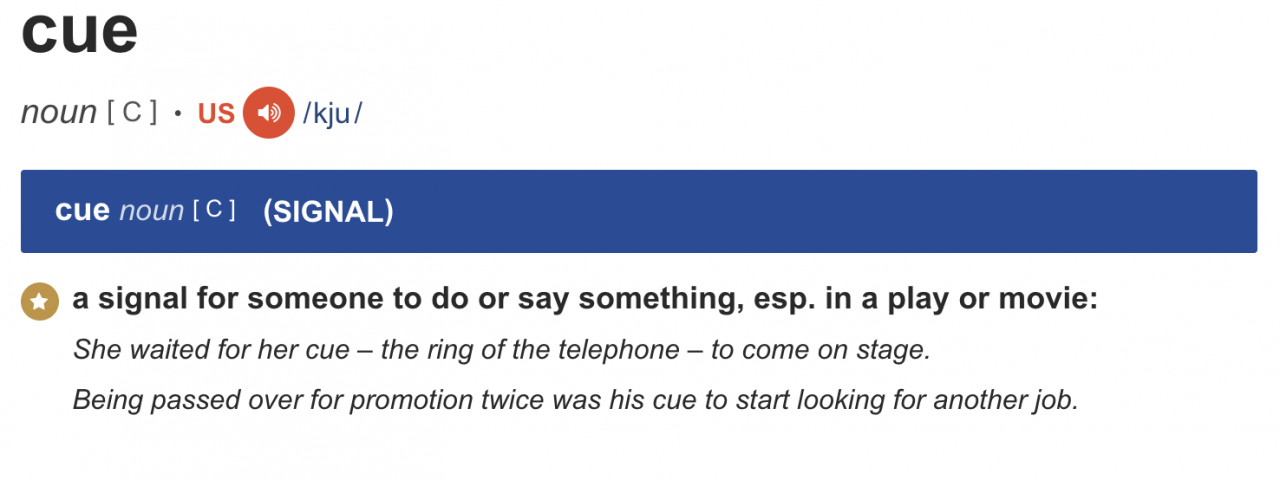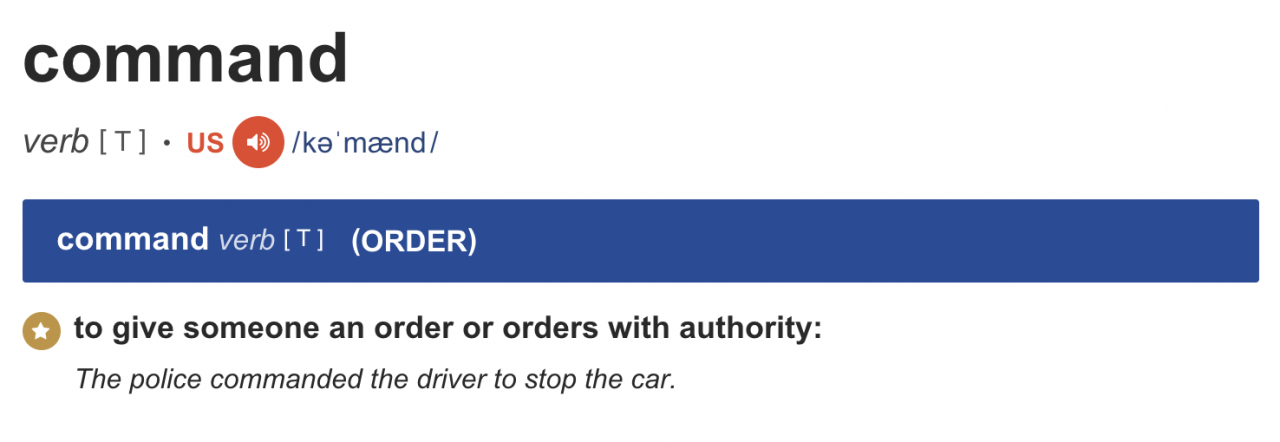Ok, I admit it! At heart I am a scientist. My training is in maths, physics and psychology – I'm proud of my geek status and am happy to own it!
However, the people I train on a daily basis are not geeks. They do not get a thrill when confronted with a new scientific bit of jargon to digest; they just want to be able to DO THE THING, dammit!
So, with this in mind, I do my best to avoid jargon and technical speak with people who really don't care about the nitty gritty – they just want a well-behaved dog. However, I often find the pedant in me is offended by this – a big part of me also believes that jargon has a place and many of the problems we see in dog training today stem from a lack of understanding around the words commonly used and how we, as trainers, use them.
Today I'm going to indulge my inner pedant and look a bit deeper at the jargon vs the vernacular for two very commonly interchanged sets of words - and why the nitty gritty does matter. Remember that the words we use shape the way we think, which changes our behavior. This is why your language influences how you interact with the world around you – and that includes your dog. Here are the words that cause me the most angst!
Cue vs Command
Trainers tend to swap these all the time. However, they have very different implications – which in turn change the way you interpret your dog's behavior.
Here's the dictionary definition of CUE:
We can clearly see from this that "cue" is just a signal – it carries information regarding what might be an appropriate course of action at that point in time.
In scientific jargon, a cue is also known as a "discriminative stimulus" – a mouthful that basically means "something that provides information about a possible outcome for a particular behavior."
For a simple example, a rat in a cage might learn that the lever that releases food pellets ONLY works when the green light is on. The green light discriminates when lever pulling will, or will not, be successful.
In animal training, all a cue does is give the animal an indication that now is a good time to do behavior X for a given outcome. If the animal does not respond with the associated behavior, there is no judgement; the animal is not 'disobedient' or naughty. It just didn't respond to the cue.
From a dog training point of view, if we think in terms of CUES, when we give our dogs a signal to do something, there is no expectation of compliance. I like to think of cues as 'invitations' to the dog to perform a given behavior for the possibility of experiencing a beneficial (to the dog) outcome.
It is worth noting that CUES don't 'make' behaviors happen! Cues set the stage to inform the learner that behavior X is likely to pay off - now. However, it is the historic results of performing that behavior that will influence how likely it is to be repeated in the future.
As an example, if your dog discovers that sitting by the backdoor results in you opening it for him, he is more likely to sit there when he'd like to go outside in the future.
His cue to sit-by-the-door might be a full bladder. The outcome is he gets to pee and feel better. His sitting-by-the-door is your cue to open it – your outcome is you don't have to clean the floor!
It doesn't make any sense to say that the dog 'disobeyed' his bladder's signal that it was full, or that you 'disobeyed' your dog's signal that he needed to go out. What 'made' him sit by the door was the consequence of being able to pee; what 'made' you open the door was the consequence of avoiding mopping.
Let's contrast this with COMMAND:
Commands are something else again. A command is (I suppose) a subset or type of cue – it provides information about what to do in a given situation. However, as seen in the definition, obedience IS an expectation. If you don't respond to a command you can expect a very unfavourable outcome!
Commands always carry the threat of 'or else'. There is always a judgement made on the individual receiving the command: if they comply, then they are 'obedient'. If they don't, then they are disobedient or 'naughty', and receive an unfavourable (to them) outcome as a consequence of their lack of compliance.
Because of this implied threat for non-compliance when we use the word 'command', as trainers we are mentally primed to deliver a 'correction' when our dogs fail to respond to a command. You may not have a problem with that, and that's totally your choice. However, it very much changes the dynamic of the training relationship. If you are operating under the 'commands' mindset, then your dog is working under 'have to obey' rules. This means your dog may not be responding to you because he wants to, and enjoys it, but more to avoid the corrections that happen if he doesn't. Food for thought perhaps.
'Reinforcement' Does Not Equate to 'Reward'
Another source of confusion in the 'training process' due to language, is between these two words: Reinforcement and Reward. Although people use them interchangeably they DO NOT mean the same thing. Why does it matter? I mean, surely, they're close enough. Again, it comes down to what is implied (or not) by the word we use.
Definition of Reward:
Generally speaking, rewards are seen as pleasant outcomes received for 'good' behaviour. However, rewards don't actually influence behaviour. I might find a purse and hand it in to the police but if the reward I get is a voucher for a free dinner at a pub (and I don't frequent pubs) then that reward is unlikely to make any difference to whether I hand in the next purse I find.
Definition of reinforcement:
What's the first thing you notice about this definition? For me it's the fact that it has no implication of anything good, nice or pleasant. And that is just fine for what we, as trainers, mean too!
To reinforce means to make stronger. Simple as that. If you reinforce a behavior, you make it stronger, more frequent and/or more intense. ANY outcome that affects the preceding behavior in this way is a reinforcer – for that behavior.
There have been experiments done showing that even something as aversive as a painful shock can, under the correct circumstances, reinforce behavior – so the animal does the behavior that results in the shock more frequently, more intensely and with more vigor. Mind blown? Mine was when I read the research.
On the flip side, if a consequence DOES NOT alter the behavior by making it stronger, then, by definition, it's not functioning as a reinforcer. So, cookies, toys, praise and cuddles might be nice, but if they don't change the way your dog behaves in the way you expected, by making the desired behavior stronger or more likely to happen, then they are not reinforcers in the context in which you are using them.
The confusion comes because in many contexts the things we use as 'rewards' DO function as reinforcers. That's why we use food, toys, praise and cuddles to train our dogs! The problem comes when those things fail to strengthen a behaviour. The cookie/toy etc may be nice. It may be something the dog likes; but if at the moment we offer it, the dog would prefer access to something else, the 'reward' will be ineffective as a reinforcer.
And just to muddy the waters further, sometimes things WE think of as 'punishment' can reinforce behaviors too! No wonder people get confused.
So, think of it this way: all animals are motivated to get access to outcomes they want and avoid/escape outcomes they don't. If your dog wants to get access to the food/toy/praise etc you have to give, then the behavior he does that achieves his goal will be reinforced – and get stronger.
If, on the other hand, your dog would actually prefer access to the cute little poodle on the other side of the road, and the things you can provide don't interest him in that moment, then you can't use them to strengthen behaviors. They may still be 'rewards' but they are not functioning to change his behavior in that scenario.
In a nutshell, rewards are given to show appreciation for 'good' behavior. They may or may not make a behavior stronger.
Reinforcers are consequences that alter behavior by making it stronger and more likely to happen in the future. They may or may not fit our idea of a reward. Reinforcers are situational, fluid and can change rapidly as events change.
Our opinions don't matter! If a consequence results in a stronger behavior, it is a reinforcer – by definition. Only the dog decides what is or isn't reinforcing in any given moment. It's no wonder we love dogs that want our food and toys over anything else is it? It makes things so much easier to understand.
Language and Dog Training
Language shapes our world view. It influences how we perceive things and changes our behavior accordingly. Whether you think in terms of cues or commands, rewards or reinforcers; these words will lead you to behave in certain ways, to the benefit or detriment of your training experience, and your dog's!
Choose your words carefully as they will change your reality.



